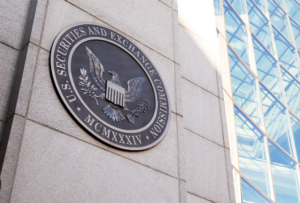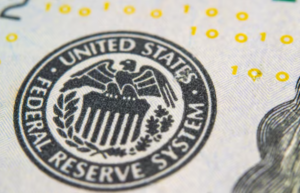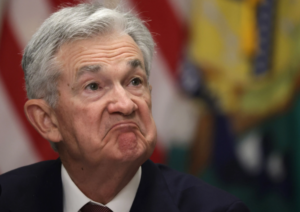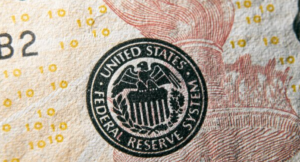$EWZ $BRL $VALE
#Brazil #Lula #Real #Forex #EmergingMarkets #FiscalPolicy #Inflation #Investors #Economy #BudgetDeficit #LATAM #FinancialMarkets
Brazil’s currency, the real ($BRL), has recently experienced a significant downturn, putting pressure on President Luiz Inácio Lula da Silva’s administration to implement decisive measures to stabilize the nation’s financial markets. The currency, which has been challenged by global macroeconomic conditions and domestic uncertainties, has raised concerns among investors, affecting the broader economic sentiment towards Brazil. The left-wing administration had initially focused heavily on expanding social spending, pledging to reduce poverty and boost economic growth. However, with Brazil’s widening budget deficit and high inflation, the government’s spending policies have come under increasing scrutiny. As the real continues to lose value, the threat of inflationary spiral looms, further complicating Lula’s ambitious economic agenda.
Investors are now looking to see whether the government will alter its economic trajectory and embrace more fiscally conservative measures to contain further deterioration of the currency. The administration has reiterated its commitment to fiscal containment measures aimed at calming financial markets, but investors remain cautious. Lula’s credibility has been called into question as the market perceives mixed signals between his administration’s spending ambitions and the promise of responsible fiscal management. International and domestic investors alike are especially focused on potential adjustments to government spending levels and signals from policymakers on reducing the fiscal deficit. Following the real’s slump, the stock market, particularly indices related to Brazilian assets like $EWZ, has seen increased volatility as exchange rates remain a central focus.
The impact of the currency devaluation extends beyond just forex markets. Large Brazilian companies—especially exporters like $VALE—could see mixed outcomes from the real’s depreciation. Exporters may gain a competitive advantage in global markets with a cheaper home currency, but inflationary pressures due to higher import costs could offset those gains. On the other side, sectors reliant on imports and foreign goods are facing a more challenging operating environment as input costs rise. As inflation eats into Brazilian households’ purchasing power, consumer spending may weaken, creating a spiral effect that drags on domestic demand and overall economic recovery.
Under the weight of this financial strain, all eyes will remain on Lula’s administration, which now faces the difficult task of balancing fiscal restraint with social spending promises. Markets are expecting concrete policies that reinforce fiscal discipline while attempting to scale back inflation. Investors will also look for forward guidance from Brazil’s central bank with respect to interest rate policy—essential action to strengthen the real and stabilize inflation. However, raising interest rates could hamper economic growth, adding complexity to Brazil’s economic recovery efforts. Financial markets, both domestically and abroad, are expected to react to any concrete decisions in the coming weeks, with strong implications for both the foreign exchange and equity markets.







Comments are closed.